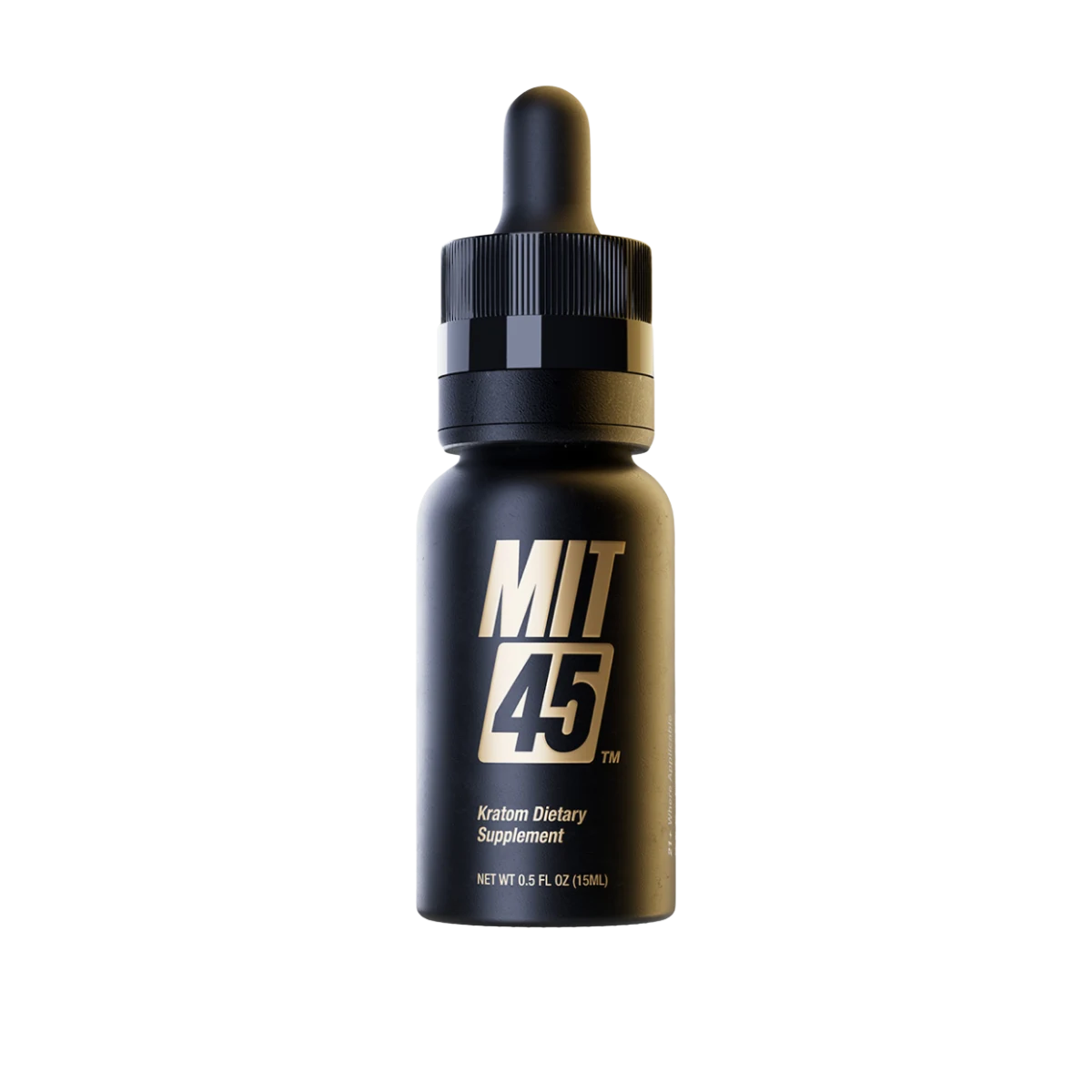Plant-based products as a form of pre-workout? It’s true — in today’s day and age, there are many options for fueling that don’t require synthetic substances. Natural herbs are all the rage, and for a good reason.
Keep reading to learn about the best natural herbal pre-workout supplements, including herbs used since ancient times.
Ashwagandha
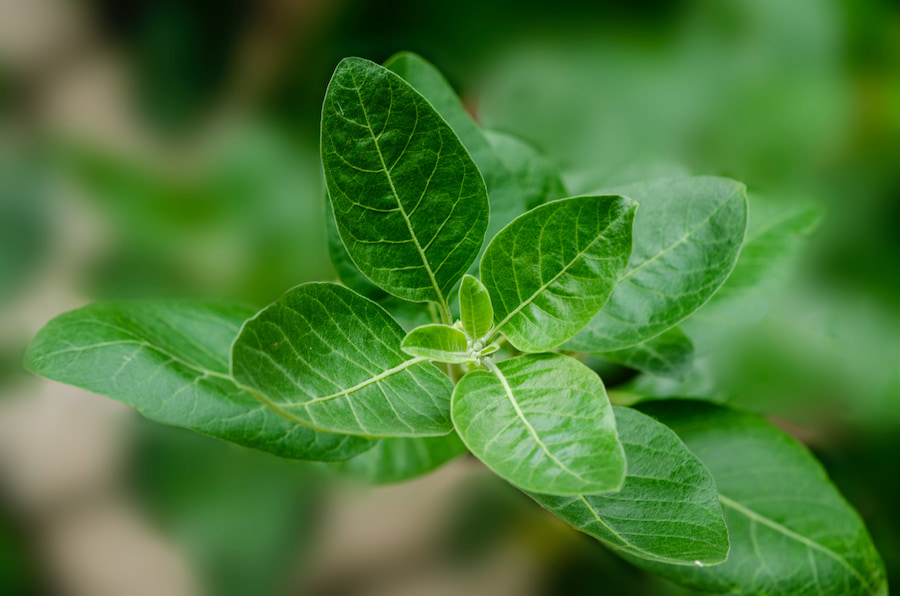
Anciently, ashwagandha was used as Ayurvedic medicine and believed to have rejuvenating powers. In fact, in Sanskrit, ashwagandha means “the smell of a horse” and is traditionally thought to provide the power of a horse as well.
Ashwagandha is considered by experts to be an adaptogenic herb. Adaptogens are thought to do as their name implies— help the body adapt. Since exercise naturally puts stress on the body, ashwagandha has profound potential applications for physical activity.
In particular, ashwagandha has been studied in relation to chronic stress. Some research suggests ashwagandha may help lower cortisol (stress hormone) levels, although long-term studies are needed. Ashwagandha isn’t recommended for all populations, so it’s important to talk to a healthcare provider or dietitian before adding this pre-workout supplement to your arsenal.
Caffeine
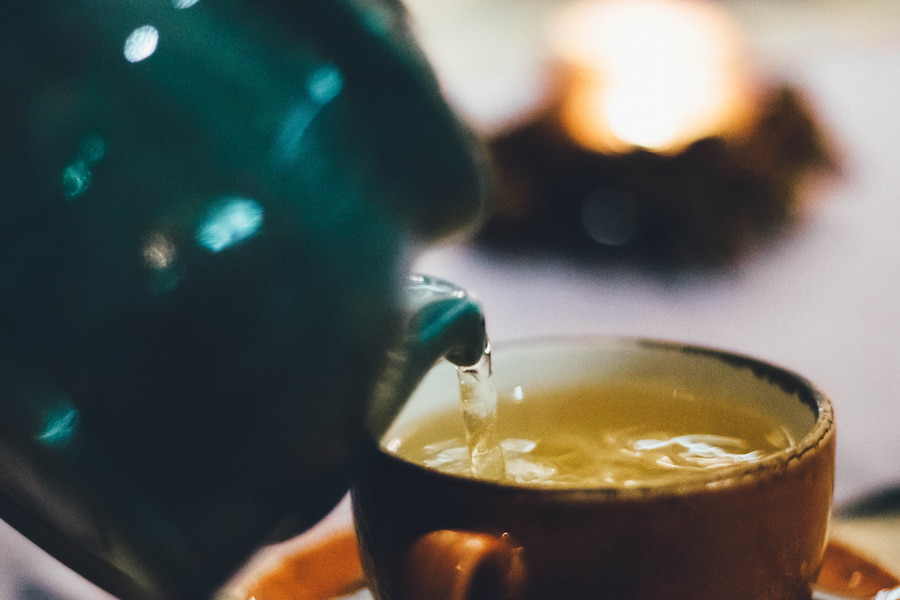
Caffeine is one of the most widely used pre-workout supplements. It stimulates the body both mentally and physically for improved performance in a variety of ways. Most notably, it reduces one’s perception of fatigue, which can provide a much needed second wind.
Other than coffee, caffeine is found naturally in cacao beans (chocolate products) and teas. It can also be added to sodas and energy drinks, although these beverages often contain undesirable amounts of additives, such as sugar.
More “natural” caffeine-containing, herb-based beverages include ingredients like maté (yerba maté), guarana, or green tea extract. Conveniently, caffeine is also available in pill form, although not all pills are created from naturally extracted caffeine.
Ginkgo Biloba
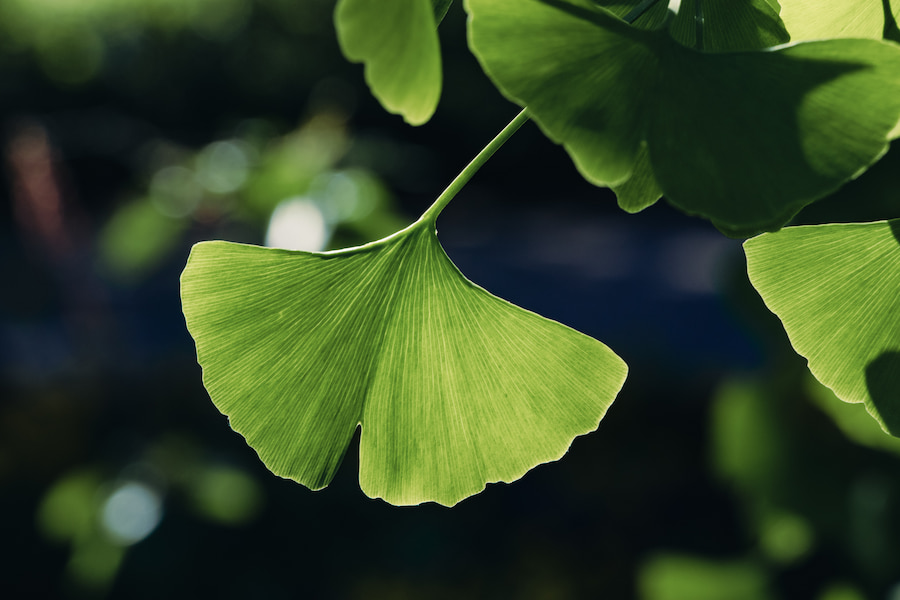
Popular in Asia, Ginkgo biloba has attracted attention in recent years. This herb contains flavonoids, which are compounds linked to a variety of health benefits and common in many fruits and vegetables. Flavonoids are associated with promoting blood circulation and potentially increasing muscle tissue blood flow in particular.
In addition, flavonoid compounds are associated with improving antioxidant capacity. In other words, Ginkgo biloba may help mediate the stress put on the body by exercise.
Ginseng

Ginseng has been used since ancient times as an herbal therapy and medicine. In fact, its Latin name (Panax ginseng) comes from the Greek panacea, a word indicating it was used for a wide range of diseases (“for anything and everything”). Although it was discovered in China thousands of years ago, there are now many varieties of ginseng including Asian, Korean, American, Canadian, and Siberian.
While traditionally used as a component of healing practices, the ginseng herb is being studied today for anti-inflammatory and antioxidant properties. It’s also thought to boost brain function, which is an aspect of physical activity especially important to athletes. Additionally, some species of ginseng contain vitamins and minerals, which can help naturally supplement levels obtained from the diet.
Maca
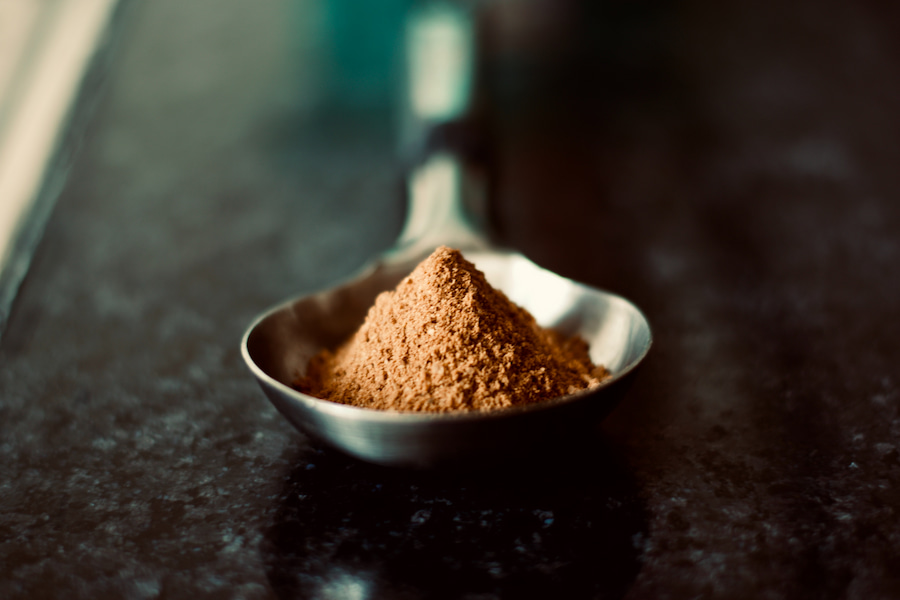
Maca, also known as Peruvian maca powder or maca root, is commonly found in health food stores. It’s been referred to before as the “Latin American ginseng,” which seems appropriate. It’s been used in Latin America since anxiety times, and is believed to provide a boost to energy levels when working out (and in general).
Like many other herbs, maca provides the added benefit of vitamins and minerals. The root resembles a turnip, and is composed mainly of carbohydrates with a marginal amount of protein. In other words, beyond its rumored benefits, maca can provide the physically active with nutritional components key to sustaining activity.
Interestingly, spray-dried extracts of red and black maca have been studied in relation to mountain sickness and altitude. Although future research is needed, maca may have unique applications for outdoor athletes.
Rhodiola Rosea
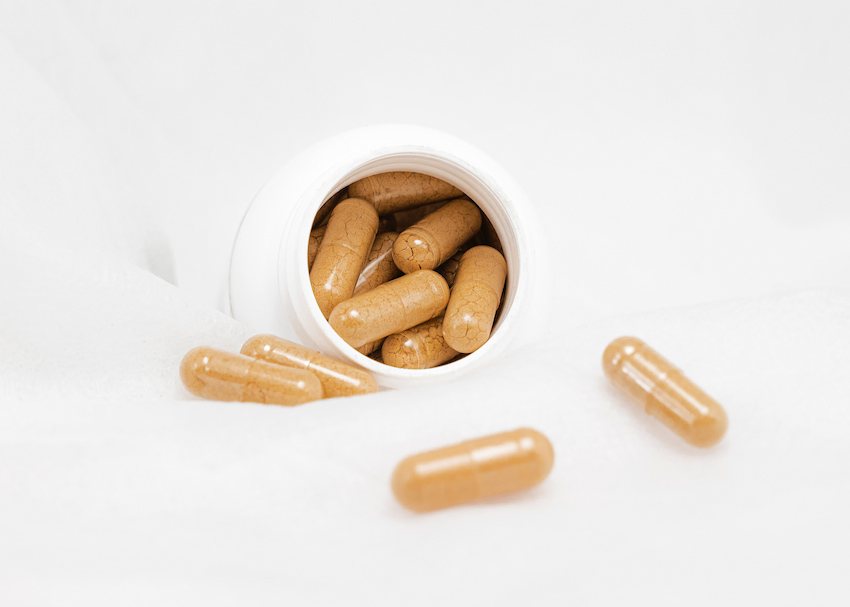
An herb growing in awareness is Rhodiola Rosea (R. rosea). Like other ancient medicines, it’s grown in Asia. However, it’s also traditional to European regions, such as Scandinavia and France.
The herbal component of this plant most often comes from the root. R. rosea is composed of polyphenols, a class of compounds associated with antioxidant properties. R. rosea also contains flavonoids (mentioned above), which fall in this category of compounds as well. In fact, the flavonoids in Rhodiola Rosea (rhodiolin, rhodionidin, rhodionin, rhodiosin, and rhodalidin) resemble its name.
With regards to physical activity, R. rosea is thought to stimulate the nervous system. It’s considered to be an adaptogen, like ashwagandha, that helps the body adapt to the stress imposed by physical activity. Potential applications as a pre-workout supplement include increasing capacity, strength, or endurance (although more studies are needed to establish the clinical benefit).
A Final Word On Fueling Your Workout with Herbal Supplements
Herbs are proof that plants can power the body and have a unique potential in physical performance. With adaptogenic, antioxidant, and anti-inflammatory properties, herbal workout supplements support the body in maintaining a healthy level of physical activity. Don’t forget, you can meet with a dietitian to decide which herbs and supplements may be a good fit for you.
Wondering what else there is to learn about herbs and working out? Explore related posts, such as Kratom and Your Workout: 2023 Edition or 6 Ways to Boost Your Energy Naturally.
References
Amidor T. Ask the Expert: Ashwagandha Supplementation. Todaysdietitian.com. Published April 2019.
Barritta R. 4 Facts to Know About Peruvian Maca Powder. Foodandnutrition.org. Published December 2015.
Bonilla DA, Moreno Y, Gho C, Petro JL, Odriozola A, Kreider RB. Effects of Ashwagandha (Withania somnifera) on Physical Performance: Systematic Review and Bayesian Meta-Analysis. J Funct Morphol Kinesiol. 2021;6(1):20.
Merotto L. Coffee, Caffeine pills or Pre-workout: What is the best form of pre-workout caffeine? Leighmerotto.com. Published February 2020.
Petre A. What Are Polyphenols? Types, Benefits, and Food Sources. Healthline.com. Published July 2019.
Potenza MA, Montagnani M, Santacroce L, Charitos IA, Bottalico L. Ancient herbal therapy: A brief history of Panax ginseng. J Ginseng Res. 2022.
Sellami M, Slimei P, Pokrywka A, Kuvačić G, Hayes LD, et al. Herbal medicine for sports: a review. J Int Soc Sports Nutr. 2018;15:14.
Singh N, Bhalla M, de Jager P, Gilca M. An Overview of Ashwagandha: A Rasayana (Rejuvenator) of Ayurveda. Afr J Tradit Complement Altern Med. 2011;8(5 Suppl):208-213.
Stojcheva EI, Quintela JC. The Effectiveness of Rhodiola rosea L. Preparations in Alleviating Various Aspects of Life-Stress Symptoms and Stress-Induced Conditions — Encouraging Clinical Evidence. Molecules. 2022;27(12):3902.



